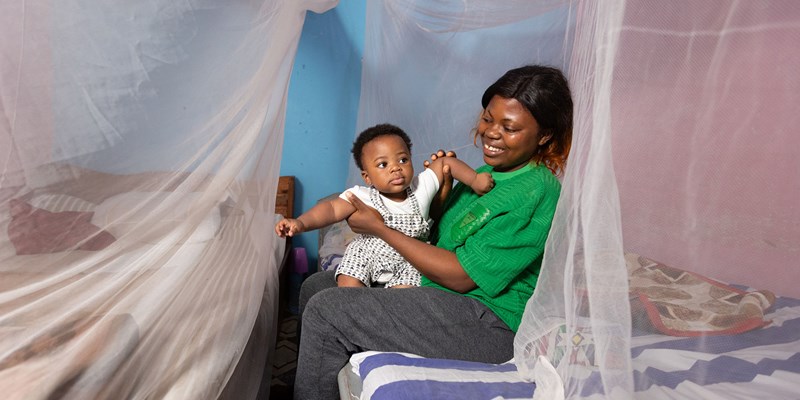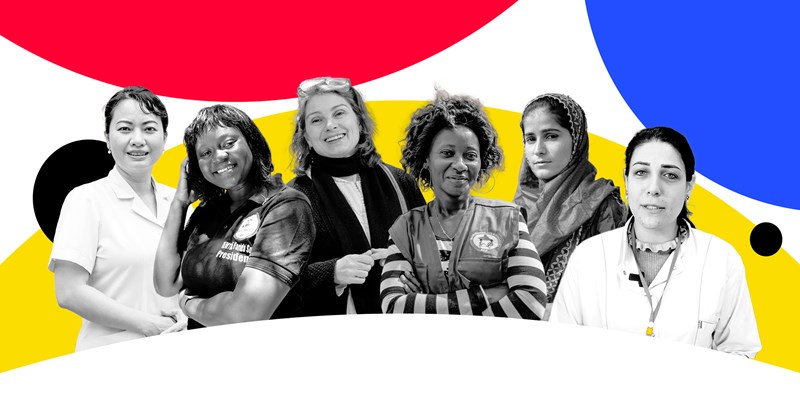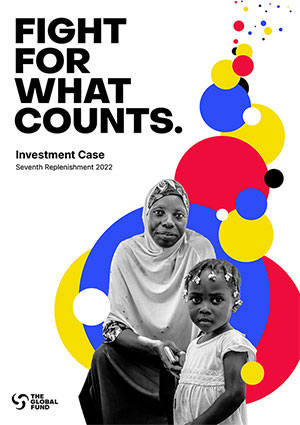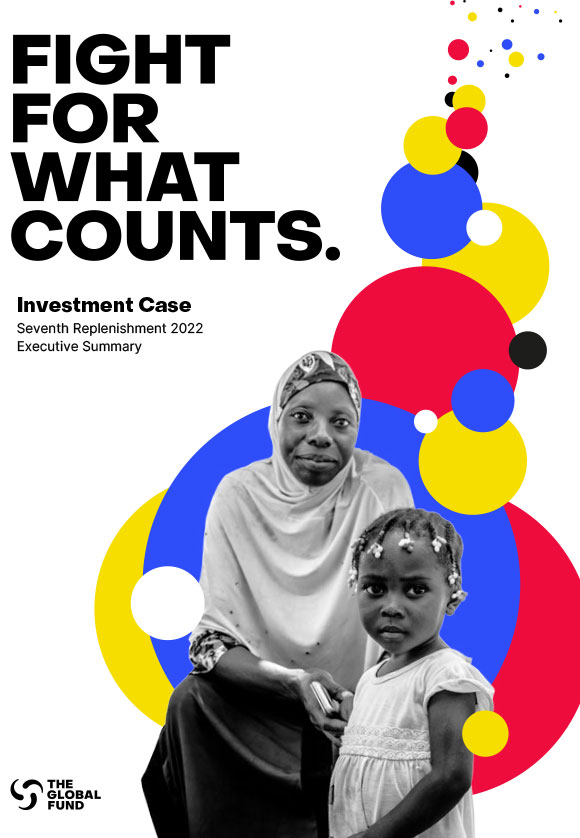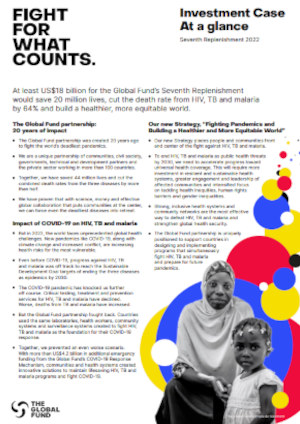Increasing domestic investment in health systems and HIV, TB, and malaria national responses is essential to accelerating progress toward ending the three diseases as public health threats. Our approach to co-financing is designed to encourage and support countries to strengthen the sustainability of national responses and increase impact by:
- Prioritizing and increasing spending on health.
- Strengthening resources available for national HIV, TB, and malaria responses, either by increasing investments in national responses and/or improving efficiencies of existing resources.
- Progressively absorbing specific program costs and programmatic interventions essential to national HIV, TB, and malaria responses, including those financed by the Global Fund.
In order to access Allocation Funding, countries should show progressive government expenditure/investment on health and uptake of key program costs, including those supported by the Global Fund. Domestic investment is also encouraged by making a further 15% of a country’s allocation (but in some cases more) available if additional domestic commitments are made and fulfilled during the grant implementation period, on top of any increase in investments made during the previous implementation period. The amount and focus of these additional co-financing investments is determined by a country’s income classification and country context.
More details on the Global Fund’s approach to co-financing are available in our:
